Do Non-Contracted Players Have To Pay For Golf Balls?
Paying for golf balls as an amateur can be expensive, especially if you are inclined to lose a few each round, but have you ever wondered if pros have to pay?
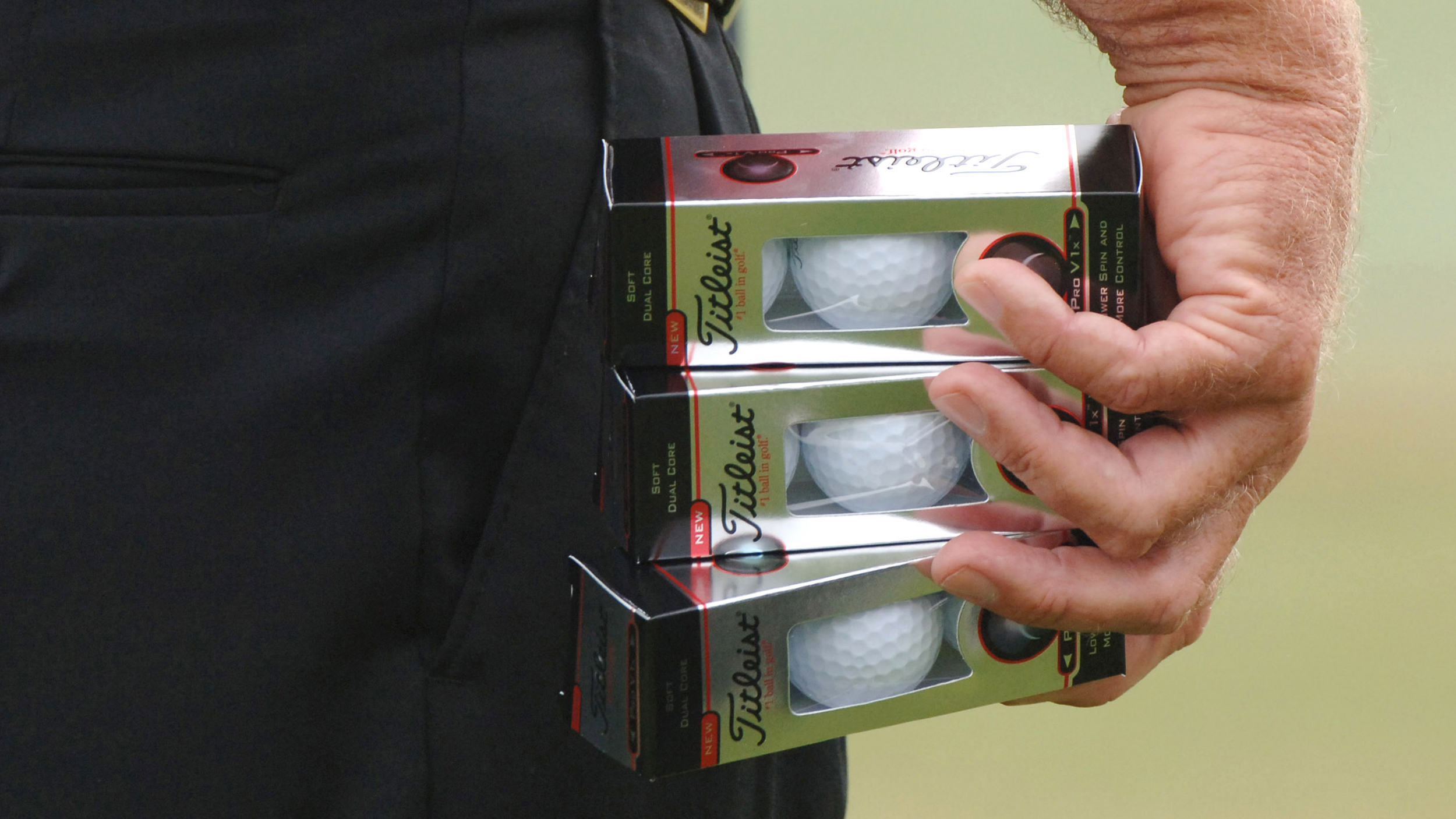

They should do, right? Let's be honest, the top players are doing alright. Would these multi-millionaire golfers even know how much a sleeve of premium balls costs these days?
We digress. The answer to whether whether non-contracted players have to pay for golf balls is no. Well, kind of.
Most Tour players certainly don't find themselves having to rush into the pro shop pre round to buy a few sleeves of balls. No surprise there, of course, but where do ball manufacturers draw the line? Number one ball in golf or not, Titleist surely can’t support every professional golfer around the world.
“We will supply golf balls to pretty much any player who has earned the right to play in a DP Tour event, provided they are historical users and are going to put them into play that week,” explains Ryan Hunt, Leadership Promotion Manager, Acushnet Europe Ltd.
“Pretty much any player” doesn’t mean every player. There are “minimum requirements” and Titleist will look at a range of metrics to decide who gets supported with its balls, including both the Official World Golf Ranking and World Amateur Golf Ranking, as well as individual tours and regional order of merits.
“We support amateur golfers from the age of under 14 upwards, and this helps build lasting trust between us and the players,” adds Hunt. “This trust is lasting and works both ways, and is often a long term partnership through a players’ career.”

The players who do receive Titleist balls can also expect to take delivery of their quota well ahead of when the tournament starts, which is typically on a Thursday.
Get the Golf Monthly Newsletter
Subscribe to the Golf Monthly newsletter to stay up to date with all the latest tour news, equipment news, reviews, head-to-heads and buyer’s guides from our team of experienced experts.
Where possible, Hunt explains, “they’re loaded into a player's locker on Monday morning”, which allows them to prepare well for the week and concentrate on their game.
Go on then, tell us how many balls a player is likely to get. Given how infrequently professionals lose balls, surely a dozen a week would be enough? That would be ample ammunition for one tournament, possibly two or three.
“Most players will receive two to three dozen depending on requirements,” says Hunt. “This may seem a lot to a weekend golfer, but if the players are at a new venue where they need to play a couple of practice rounds, play the pro-am and make the cut, they could be playing six-and-a-half rounds in a week.”
Fair enough.
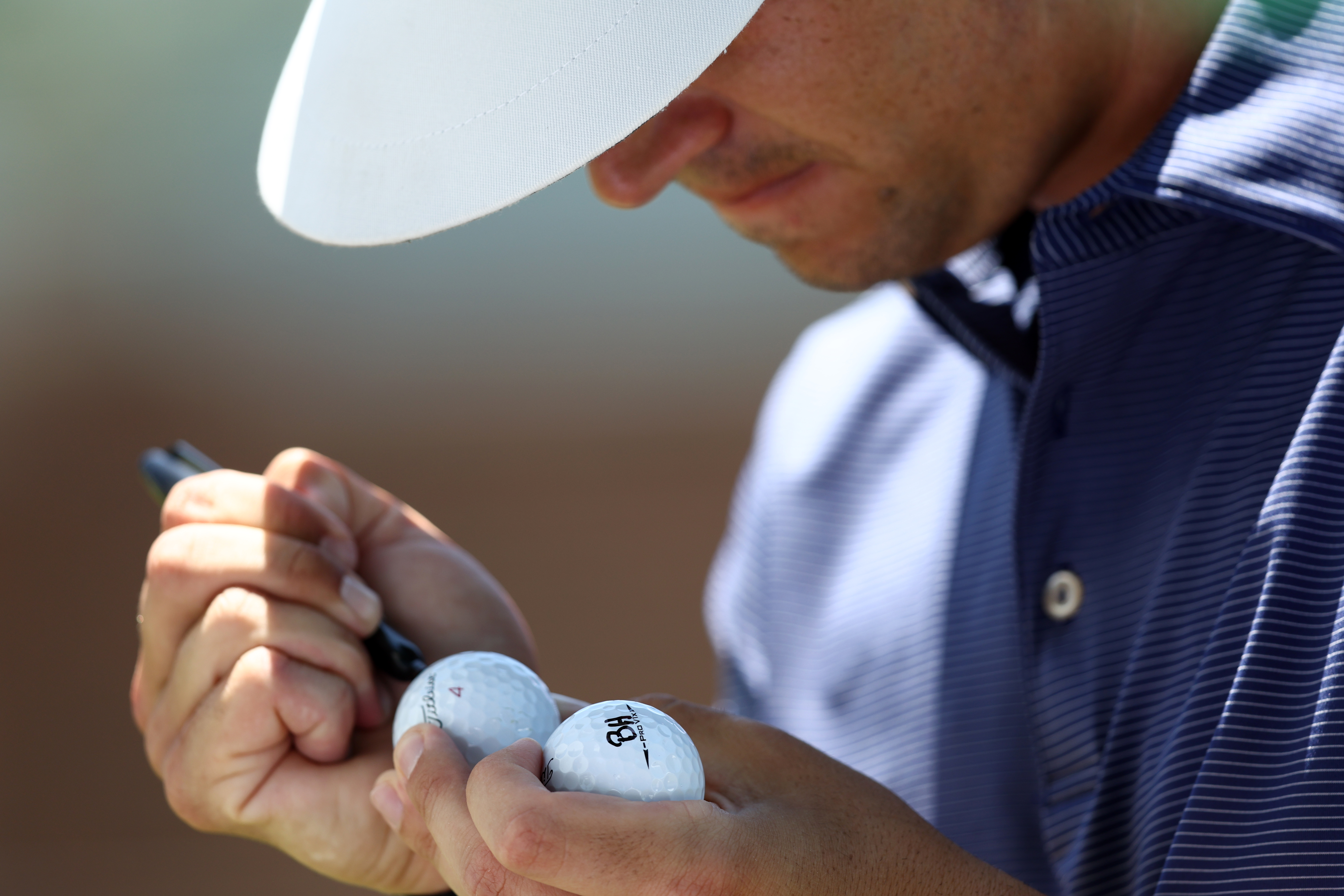
There are other reasons why a player might take a delivery of three boxes on a tournament week: superstition and wear and tear. Any kind of scratch and it’s history.
“Some players believe there is only one birdie in a ball, or will change after a bogey,” says Hunt. “The golf course can play its part too. If it’s soft or sandy, players may go through more balls.”
On a typical week on the DP World Tour, around 70 per cent of the field will be playing with a Titleist golf ball, which includes contracted and non-contracted professionals. For those players not playing a Titleist ball, it's probably fair to say similar policies are in place with other ball manufacturers.
For the mere mortals, of course, the closest we get to free balls is winning a nearest the pin or long drive competition. Oh, the feeling of winning a sleeve of new balls. Make it to somewhere near the top and you'll never get that feeling again.

Michael has been with Golf Monthly since 2008. A multimedia journalist, he has also worked for The Football Association, where he created content to support the England football team, The FA Cup, London 2012, and FA Women's Super League. As content editor at Foremost Golf, Michael worked closely with golf's biggest equipment manufacturers and has developed an in-depth knowledge of this side of the industry. He's a regular contributor, covering instruction, equipment, travel and feature content. Michael has interviewed many of the game's biggest stars, including seven World No.1s, and has attended and reported on numerous Major Championships and Ryder Cups around the world. He's a member of Formby Golf Club in Merseyside, UK.
-
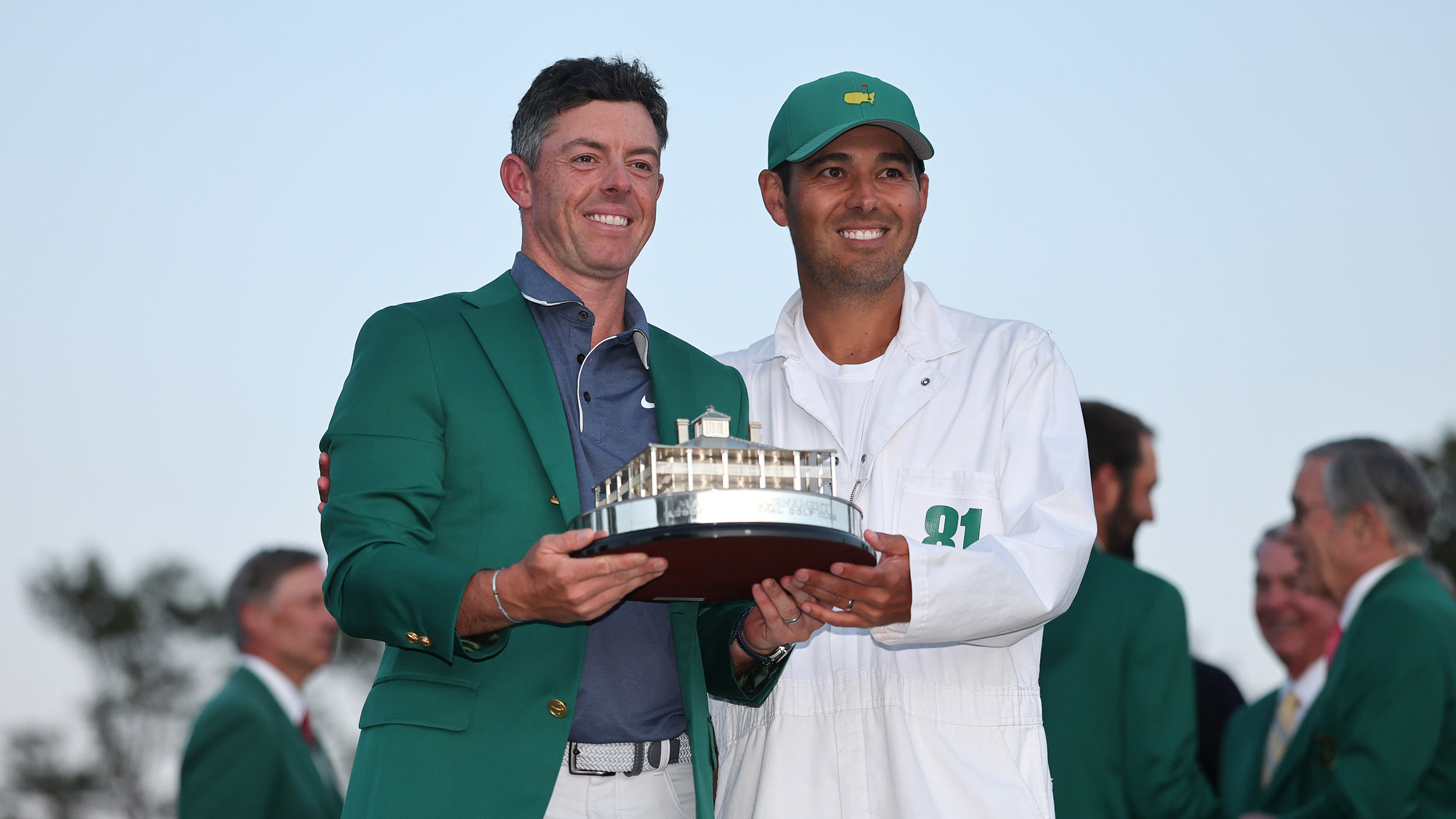 'This One Is Just As Much His As It Is Mine' - Rory McIlroy Pays Emotional Tribute To 'Big Brother' Harry Diamond After Historic Masters Win
'This One Is Just As Much His As It Is Mine' - Rory McIlroy Pays Emotional Tribute To 'Big Brother' Harry Diamond After Historic Masters WinThe 2025 Masters champion couldn't hold back the tears when discussing the importance of his relationship with caddie Harry Diamond
By Elliott Heath Published
-
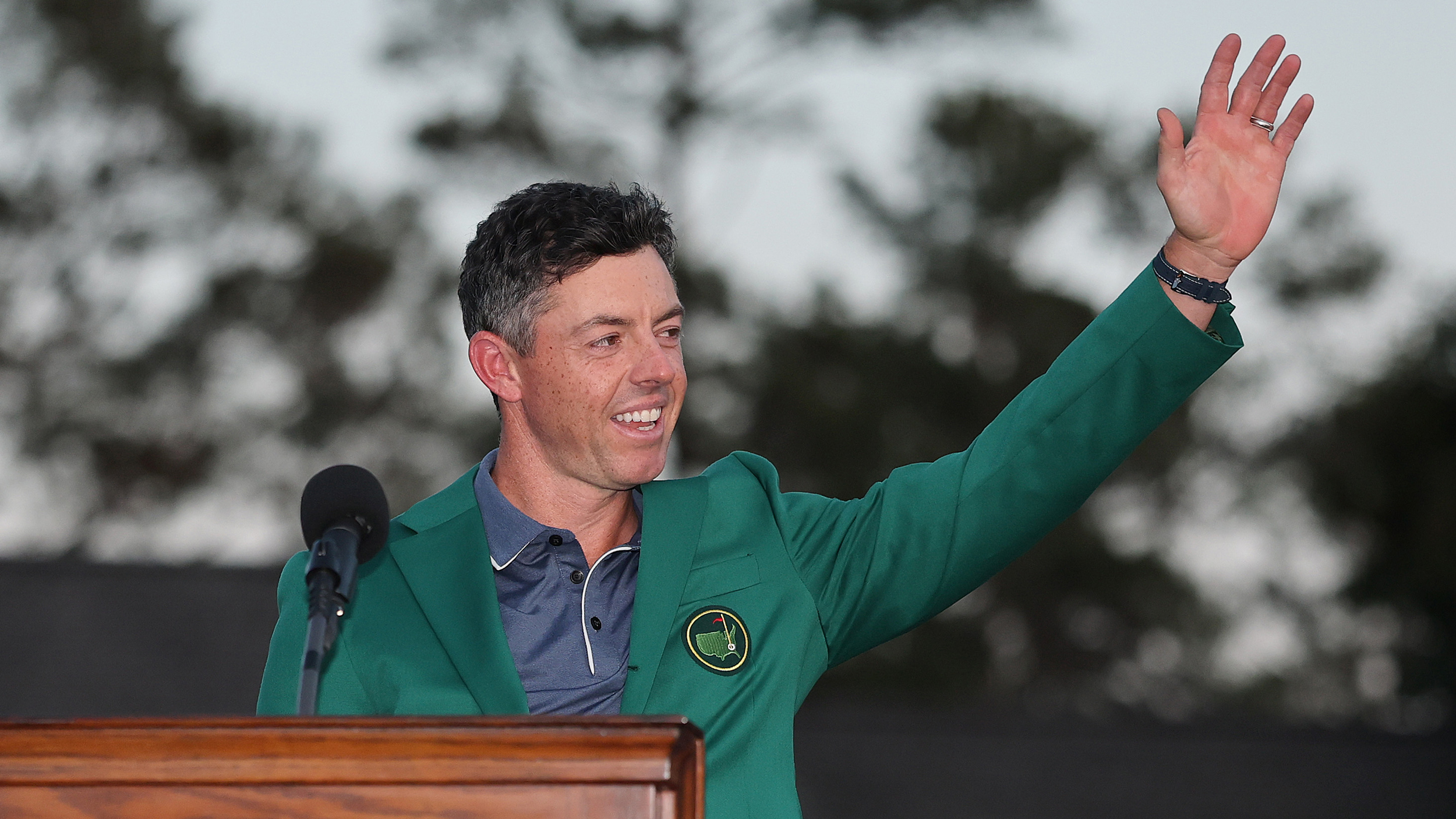 Rory 2.0 Was Born At The 2025 Masters... McIlroy Is Now Free Of His 11-Year Major Burden
Rory 2.0 Was Born At The 2025 Masters... McIlroy Is Now Free Of His 11-Year Major BurdenThe Northern Irishman dug deeper than he ever had to get over the line and finally seal the missing green jacket to his career grand slam puzzle
By Elliott Heath Published
-
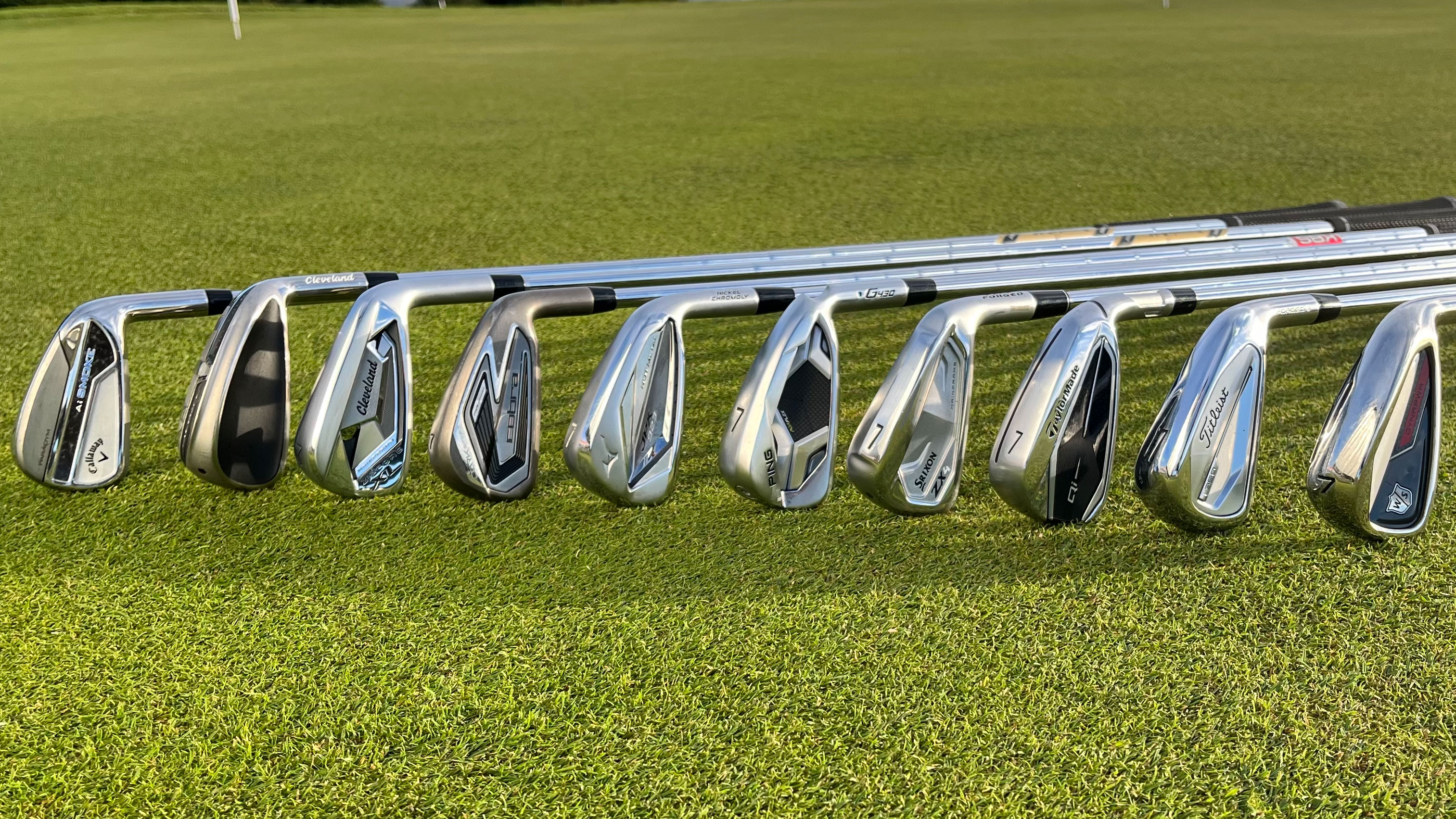 Do You Need Stronger-Lofted Irons? The Arguments For And Against
Do You Need Stronger-Lofted Irons? The Arguments For And AgainstAre you looking for greater distance? We look at the pros and cons of playing irons with stronger lofts
By Michael Weston Published
-
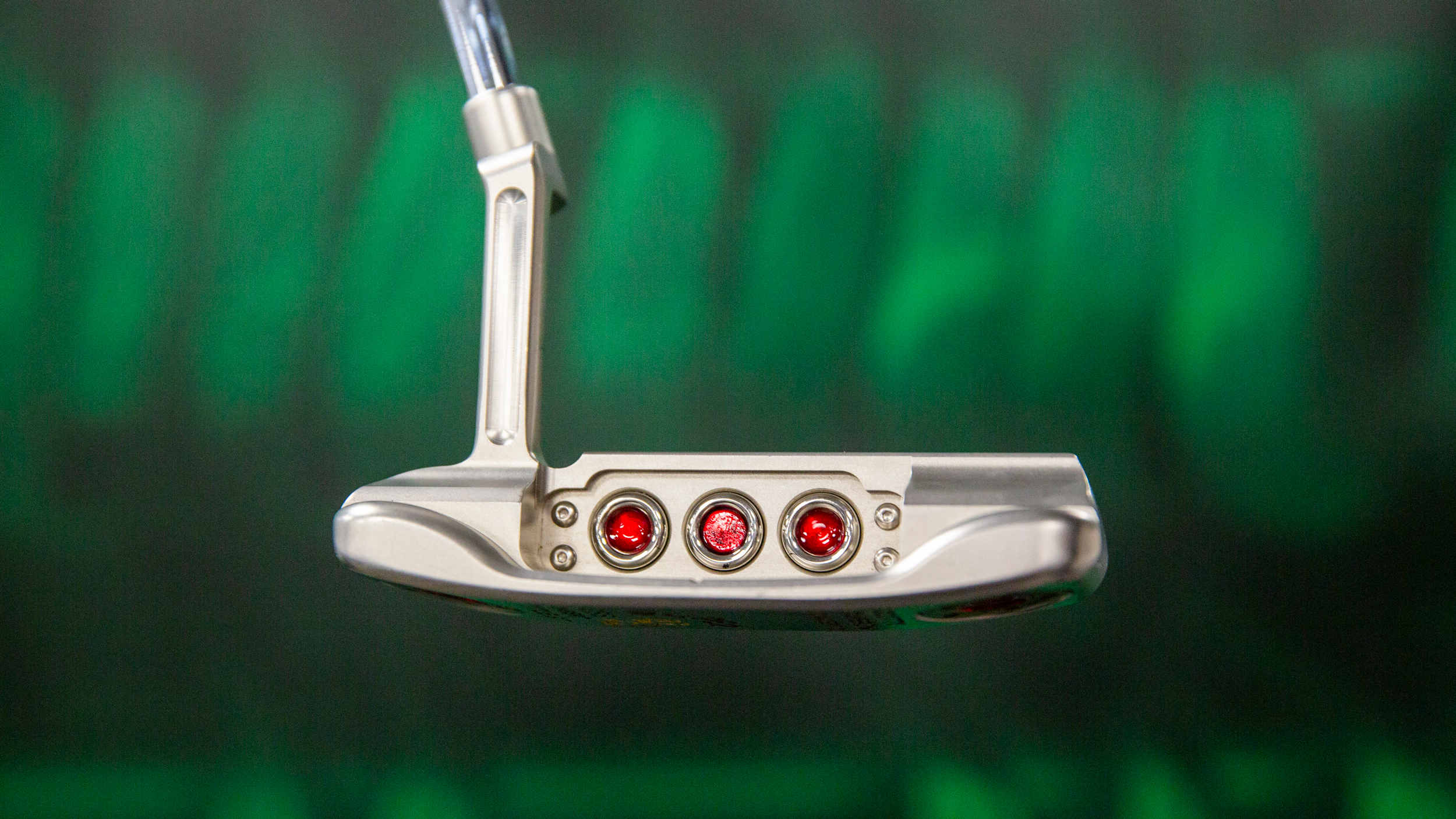 What Is My Putter Worth?
What Is My Putter Worth?Is now the time to part with your flatstick? You might be wondering how much it's worth, but there are many factors to consider that will affect its value...
By Michael Weston Published
-
 I Tested 5 New Golf Practice Nets And One Really Stood Out
I Tested 5 New Golf Practice Nets And One Really Stood OutJoe Ferguson has been looking at some home practice solutions to see which one might best suit your needs and budget
By Joe Ferguson Published
-
 The 7 Biggest Golf Gear Trends In 2025
The 7 Biggest Golf Gear Trends In 2025Take a look at the most popular golf equipment trends of 2025 and why your game may benefit from them
By Sam De'Ath Published
-
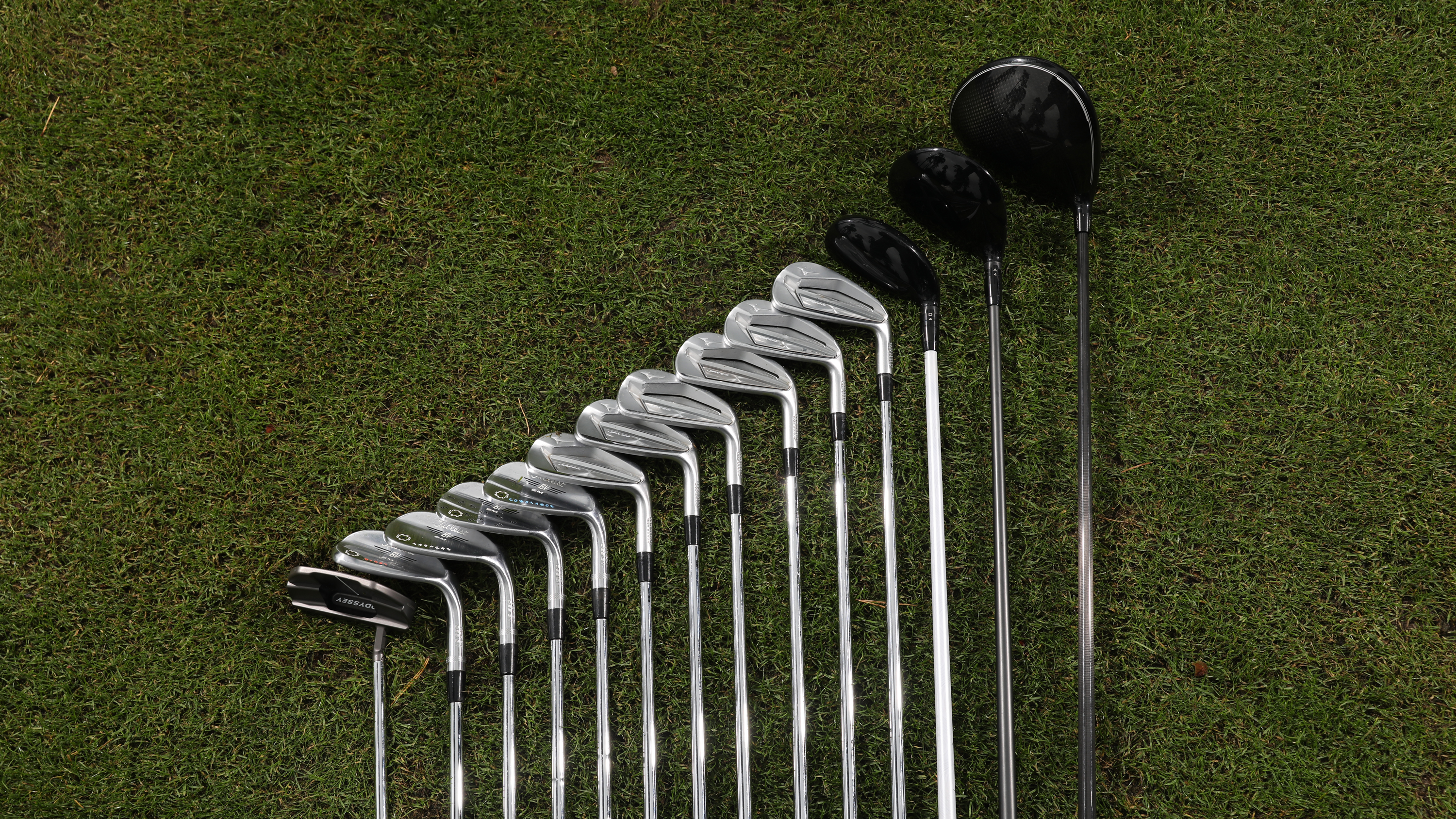 What Club Should Take The 14th Spot In Your Golf Bag?
What Club Should Take The 14th Spot In Your Golf Bag?The Rules say you are allowed to carry 14 clubs so you might as well do so, choosing the right weapon to complete your set-up could change your game.
By Fergus Bisset Published
-
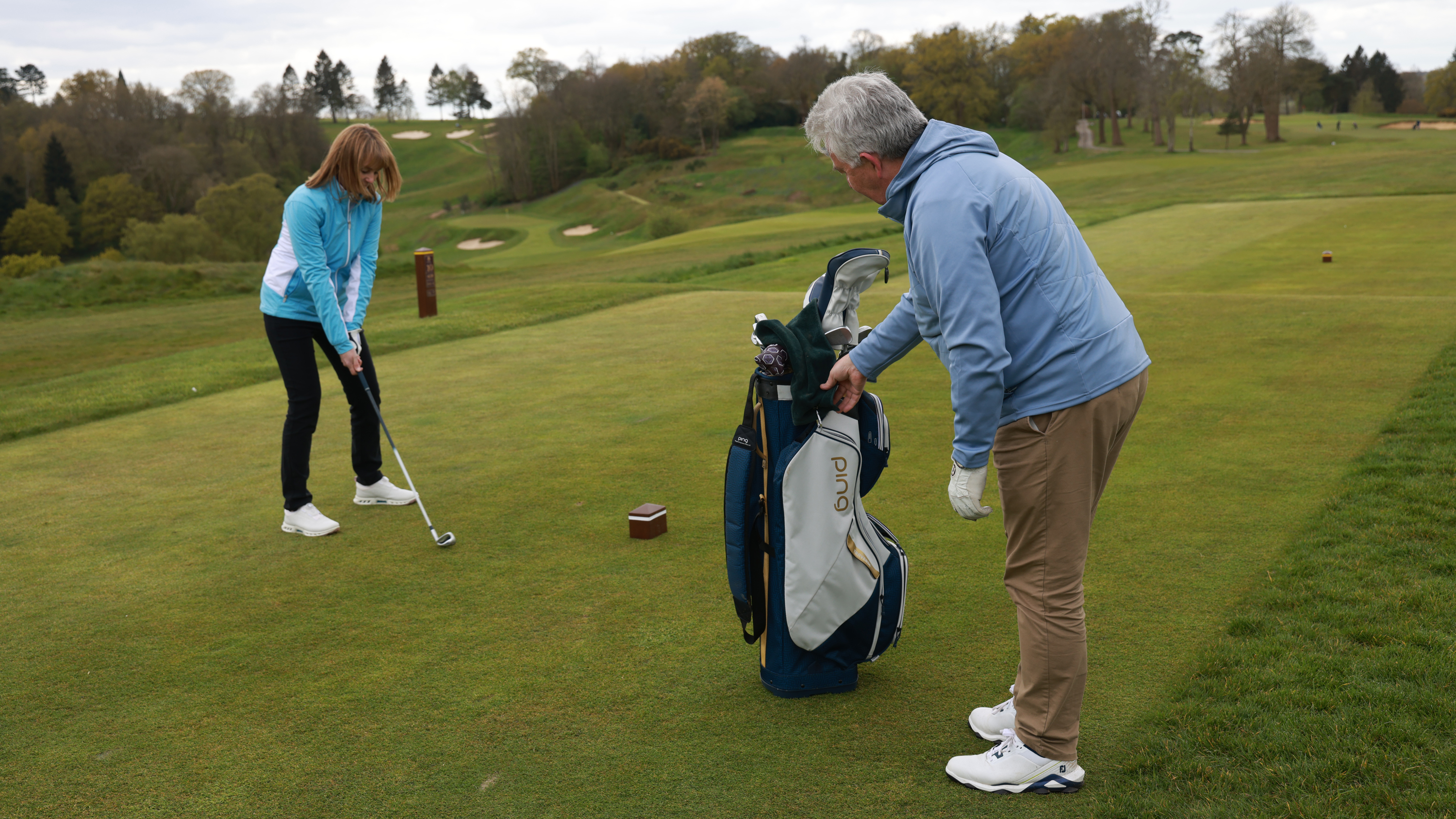 Should Some Men Use Women’s Golf Clubs?
Should Some Men Use Women’s Golf Clubs?Could a swap to women’s golf clubs help some men’s games? Is it a realistic option to make the switch? We spoke to a PGA pro to get the answer
By Fergus Bisset Published
-
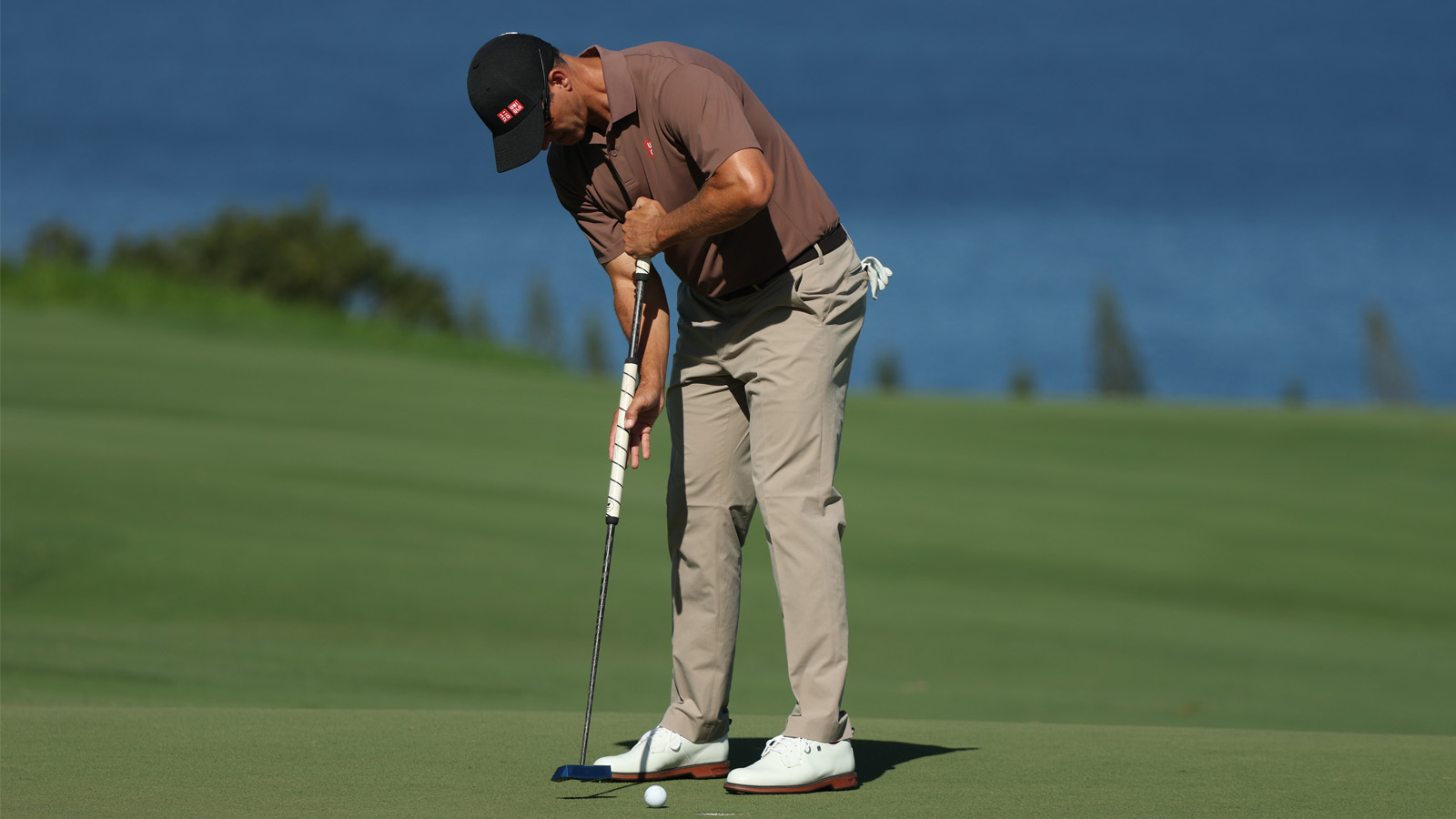 Long Putters Are On The Comeback And I Don't Like It
Long Putters Are On The Comeback And I Don't Like ItIncreasingly used by some of the best golfers in the world, are long putters making a comeback that no-one saw coming? I for one hope not
By Sam De'Ath Published
-
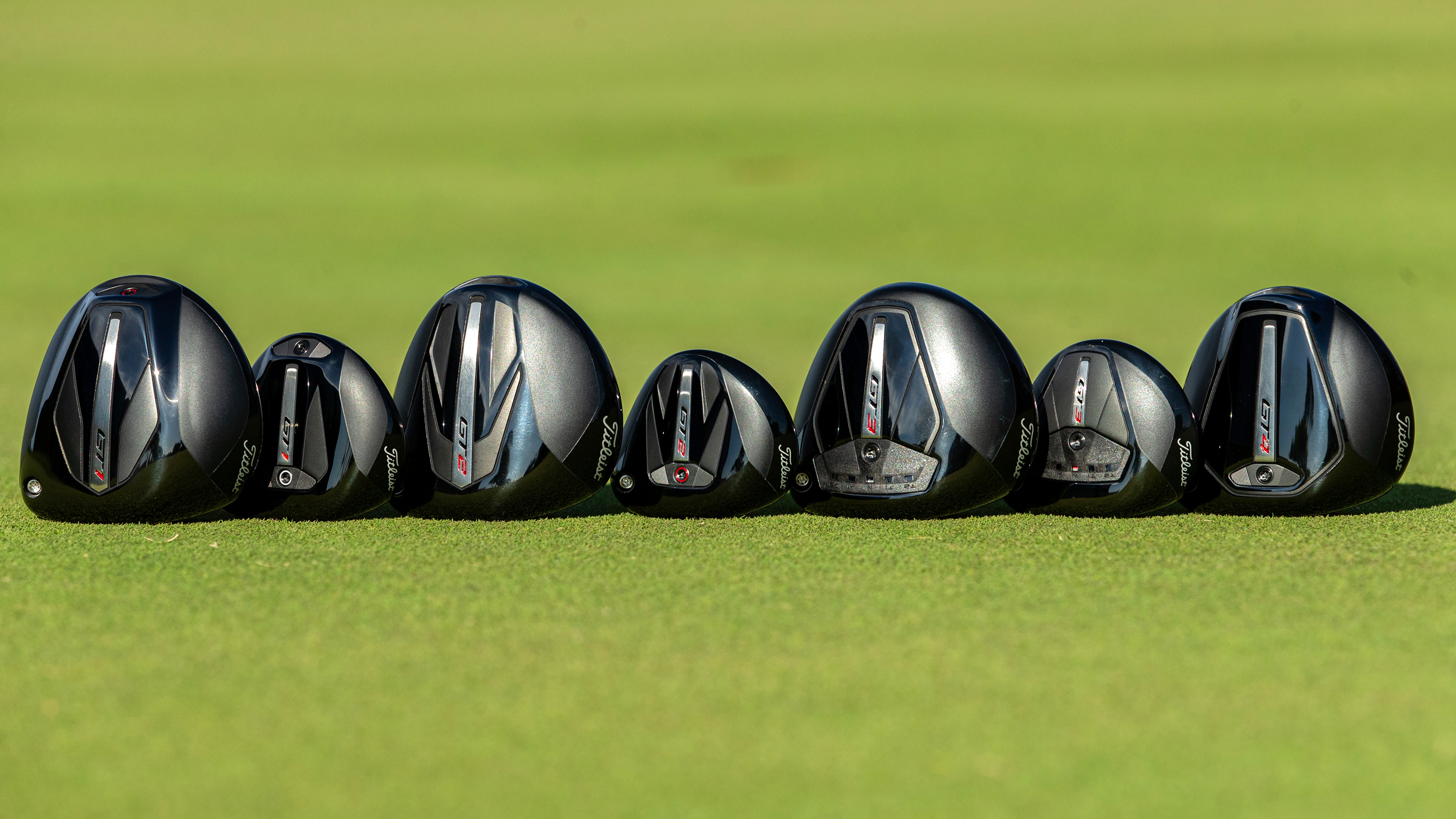 How To Build The Right Set Of Metalwoods For Your Game
How To Build The Right Set Of Metalwoods For Your GameHow should you configure the clubs at the top end of the bag? We outline everything you need to consider when choosing a driver, fairway wood and hybrid…
By Joel Tadman Published